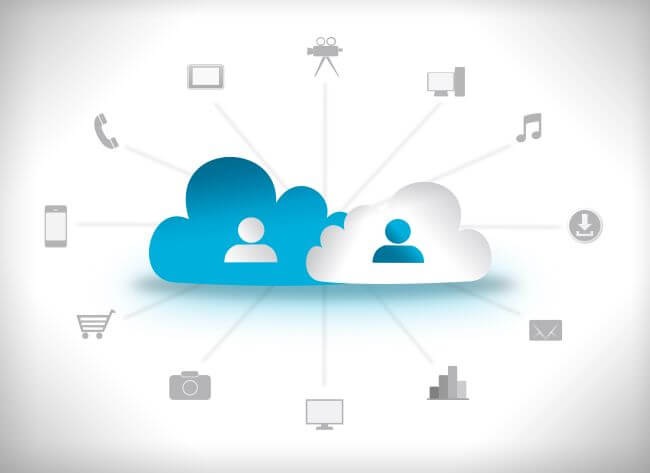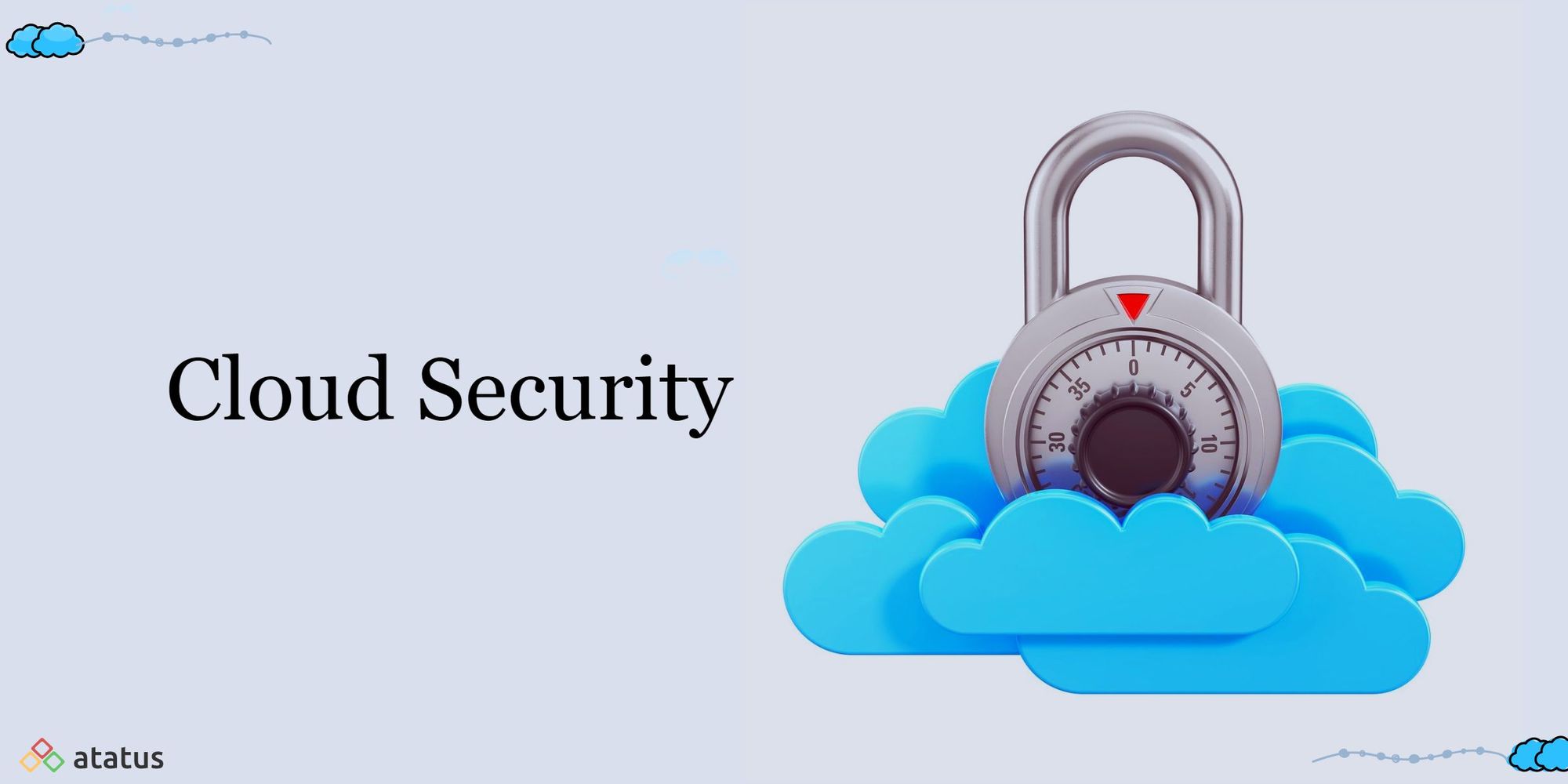Advertisements
What are the benefits and challenges of private cloud computing?
Different services are delivered via the web through cloud computing. These tools and programs comprise software, servers, databases, networking, and data storage, among other things.
Cloud-based computing enables you to save lots of files to a remote database rather than a proprietary hard disk or local storage device. An electronic gadget has access to the info on the cloud and the software applications needed to run it as long as it has internet access.
For reasons, including cost savings, enhanced productivity, speed and efficiency, performance, and security, cloud computing may be a popular choice for both individuals and corporations.
Understanding Cloud Computing
Because the data being accessed is located remotely in the cloud or another virtual environment, cloud computing has earned its mark. Users can store files and apps on faraway servers and then access the data via the Internet thanks to businesses that offer cloud services.
This permits the user to access it remotely since they are not obliged to be in a specific location to do so. With the assistance of cloud computing, you’ll process data without having to sit down at a computer or carry around heavy equipment.
All of the work is additionally transferred to enormous computer clusters located far away in cyberspace. Your data, work, and applications are accessible from any device which will connect to the Internet, wherever within the globe, as soon as the Internet turns into the cloud.
Advertisements
Both public and personal clouds are possible. For a price, public cloud providers offer their services over the web. On the opposite hand, limited numbers of users can access private cloud services. These services contain a networked infrastructure that offers hosted services. A hybrid option is additionally available, which includes aspects of both public and private services.
Cloud Services Types
Users of cloud computing services can perform a variety of tasks, such as:
- Data retrieval, backup, and storage
- developing and evaluating apps
- examining data
- streaming audio and video
- On-demand software delivery
Although it’s still a relatively new technology, a spread of organizations, including large enterprises, small businesses, nonprofits, and therefore the government, are using cloud computing.
Cloud Computing Types
Like a chip or a phone, cloud computing isn’t a standalone piece of technology. Instead, it’s a system made up largely of three services: platform-as-a-service, infrastructure-as-a-service, and software-as-a-service.
A software program is licensed to clients as a part of the
- software-as-a-service (SaaS) model. Usually, licenses are made available on-demand or on a pay-as-you-go arrangement. Microsoft Office 365 contains a mechanism like this.
- IaaS may be a technique for supplying anything through IP-based connectivity as part of an on-demand service, including operating systems, servers, and storage. Clients can obtain software and servers through an on-demand, outsourced service rather than getting to buy them outright. IaaS systems like IBM Cloud and Microsoft Azure are well-known examples.
- The most complicated of the three cloud computing levels is platform-as-a-service (PaaS). PaaS and SaaS are quite similar, with the most distinct being that PaaS is a platform for developing software that is supplied over the Internet rather than offering software as a service. Platforms like Salesforce.com and Heroku are a part of this strategy.
Cloud computing security
Data security and platform security are major concerns because software and data are stored remotely in cloud computing. Measures made to safeguard digital assets and data housed on cloud-based services are mentioned as cloud security. Two-factor authentication (2FA), the utilization of VPNs, security tokens, encoding, and firewall services are just some of the safeguards used to protect this data.
Private Cloud
In contrast, private clouds are employed by just one enterprise. Larger or enterprise-level enterprises are more likely to use these clouds since they are often serviced and maintained internally by the company’s IT department, which also allocates computing resources and maintains security and software updates.
Almost like other types of cloud environments, private clouds provide virtualized resources through physical components. Private cloud environments are often hosted in-house in a company’s data center, but increasingly, businesses are turning to full cloud service where they run fully from the cloud. Numerous sorts of businesses can profit from cloud computing.
A Private Cloud’s Operation
Since virtualization is the foundation of cloud computing, it’s crucial to review the thought process in order to fully understand how private clouds operate. Creating virtual versions of things like operating systems, storage devices, servers, or network resources and hosting all of them in a cloud environment is the process of virtualization.
IT companies use the technique of virtualization to get higher economies of scale and efficiency. An isolated (sometimes mentioned as single-tenant) and secure environment made out of resources gathered from various servers employing virtualization is referred to as a private cloud server.
This type of cloud assures that those organizations are properly insulated from one another by restricting access to only a few organizations rather than the entire public.
Predictable server usage, better resource utilization, lower costs, higher security, regulatory compliance, and more flexibility are the highest six benefits of private clouds that businesses should be aware of.
1. Consistent Server Use
Businesses with comparatively steady and predictable resource needs need to think about utilizing a private cloud. These companies are more likely to be ready to maximize their resources and, consequently, their cloud spending while being less likely to completely utilize the public cloud’s elasticity, which is one of its key advantages.
2. Increased Resource Usage
The virtualization technology that powers all sorts of cloud computing provides many of the advantages of private clouds. The bulk of servers are underutilized, and virtualization gives customers of personal clouds better resource usage. indicating that workloads are often moved to a different physical server as service demands change. As an alternative, the server’s individual resources could be changed to fit the varying needs of any given application.
3. Lower Costs
By making the foremost of their servers, enterprises may assure application performance while simultaneously lowering costs because of this flexibility and enhanced resource use. in addition to cost savings over a conventional on-premises system, a personal cloud environment may even be more affordable for some businesses than a public cloud environment. The fundamental advantage of public cloud services is typically thought to be their low cost, which unquestionably leads to cost savings for some businesses.
4. Enhanced Security Statistics
Comparing cloud environments’ security are often contradictory or deceptive because of methodological decisions like grouping hosted private cloud environments and on-premises environments together or comparing environments without taking into account the various organization types that use each one (as explored below).
Although IT experts have distinct opinions, a study by security company Ixia reveals that 90% of them are worried about the safety of data and applications on public clouds.
Finally, because a personal cloud might offer security advantages over a public cloud, security professionals frequently suggest using one. a personal cloud runs on specific physical equipment, making its physical security easier to make sure, of whether or not every cloud system needs strong antivirus and firewall protection. A personal cloud environment also increases the security of cloud access.
5. Regulatory Conformity
The advantages of control and security make private cloud systems attractive among businesses with compliance issues. Another justification is that service providers who offer hosted private clouds can assist in addressing important compliance requirements like PCI and HIPAA-compliant hosting. Some businesses could also be forced to use a private cloud in order to benefit from cloud computing while maintaining regulatory compliance.
6. Support for Legacy Applications
Deploying workloads to the general public cloud for organizations moving from a traditional on-premises system can be challenging because it cannot be tailored to accommodate any application.
In order to reap the benefits of the new environment as planned, a successful relocation is important and another possible reason why private clouds have a lower TCO than public clouds is the better success rate of migration to them.
7. Management issues with private clouds
Private cloud isn’t the ideal answer for every firm, despite its many benefits. The very fact is if you’re brooding about employing your own data center, administering a personal cloud will demand a large number of resources. to figure out this product, you will need to staff the right IT specialists.
Additionally, you’ll need to hire additional employees to provide full-time support because the initial capital expenditures (CapEx) for server infrastructure can be highly costly and require ongoing upkeep.
However, by counting on the knowledge of a managed private cloud provider, the drawbacks outlined here are often eliminated. When engaging these providers to permit them to handle these areas, the potential cost savings in terms of management and maintenance grow.
Synopsis
The on-demand, pay-as-you-go delivery of IT resources through the web is known as cloud computing. you’ll use technological services, like computing power, storage, and databases as-needed basis from a cloud provider like Amazon Web Services instead of purchasing, operating, and maintaining physical data centers and servers.






